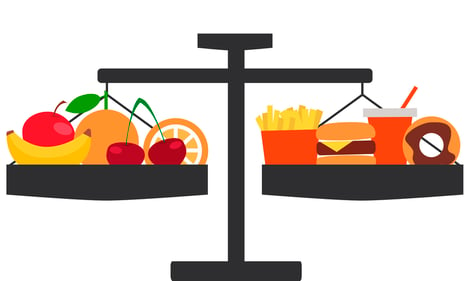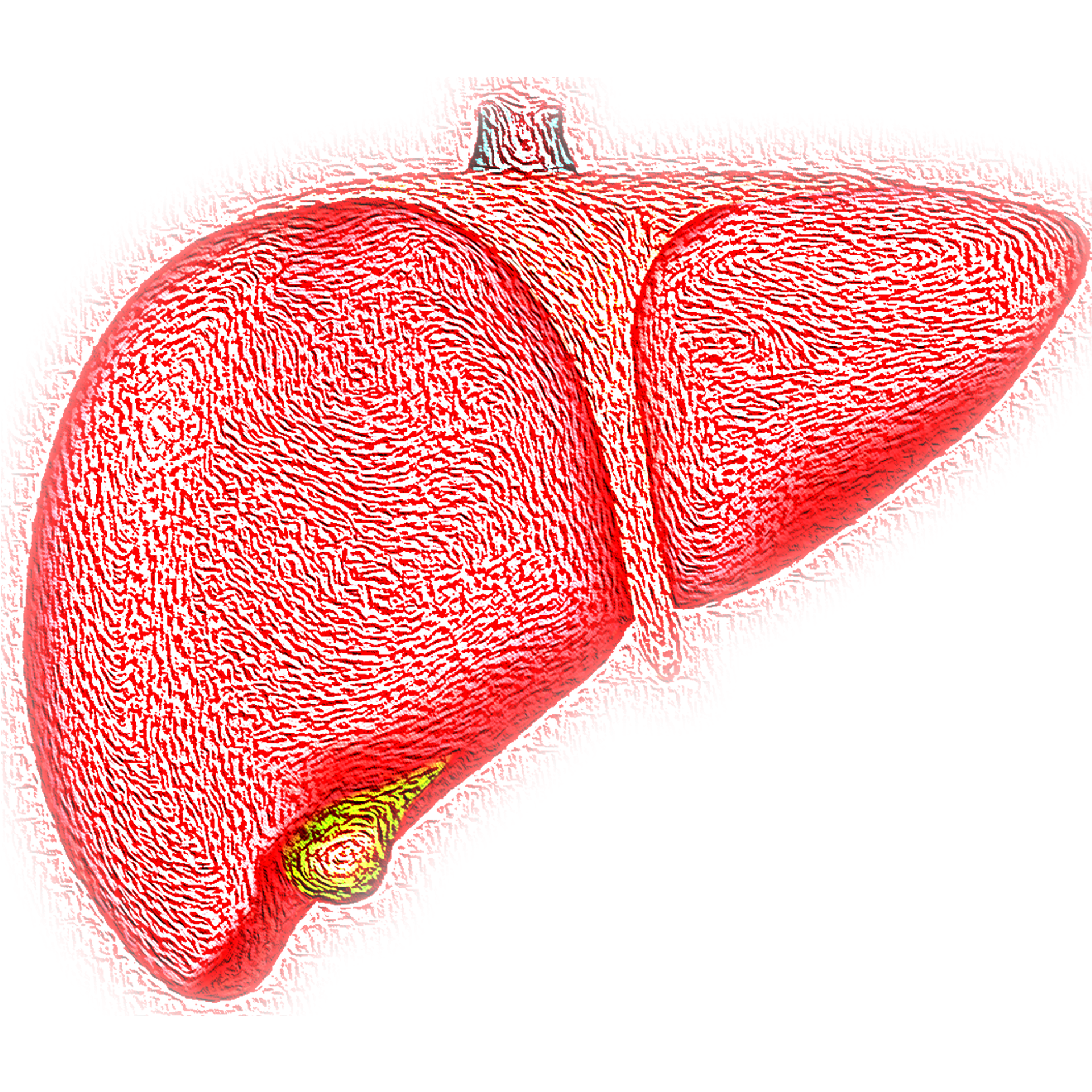3 Ways Food Determines Your Total Health
Is your understanding of nutrition one dimensional? Many people think about "diet" only in terms of weight loss, associating the amount of food they eat with the size and shape of their body.
Put another way, they assume that the relationship between health and nutrition pretty much ends at their weight. They have a vague notion that there are "good foods" that have plenty of nutrients in addition to the calories they're packing, and "bad foods" full of "empty calories" without other nutritional value. In this perspective, the goal of healthy eating is simply to get the right nutrients with the fewest possible calories.
This view isn't merely simplistic; it's actually incorrect. What we eat is fundamentally related to all aspects of our health, and changing our diets can lead to substantial improvements in many types of diseases, syndromes, and disorders.
Here are three basic ways that what you eat shapes your overall health, along with a few suggestions for how to select foods based on what your body truly needs.
You Really Are What You Eat: Macronutrients and Cell Structure
First and foremost, what you choose to eat determines what materials your body has to work with. In a very real and direct sense, you are what you eat—your bones, muscles, and other tissues are made from the foods you ingest and digest. If you aren't eating the right proteins, you won't have the right amino acids needed to build muscle tissue and carry out all manner of cellular functions. If your diet is deficient in certain vitamins and minerals, some of your body's processes will not work properly and lead to a variety of symptoms like fatigue, depression, muscle cramps, endocrine problems, and more.
One example of this is with the cell membranes. Our cell membranes are made up of fats which come from the fats we consume. When we consume bad fats we have bad cell membranes that function poorly. Our cell membranes are critical for cell to cell communication. When your cells are made up of trans fats, for instance, you are left with cells that cannot communicate.
Calories matter but there is a larger more important concept of quality food that matters more: lots of different vegetables, a variety of protein sources with a rich array of amino acids, and good amounts of healthy fats.
Nutritional Chemistry: Insulin, Cortisol, Cholesterol, and Hormone Production
Hormonal balance is an important part of health—physical and mental—and the best way to exert control over your hormones is to be conscious in what (and when) you choose to eat. Simple sugars that are quickly digested and absorbed into your bloodstream cause insulin spikes and other sudden hormonal fluctuations. This is bad because it leads to low blood sugars and then cravings to eat again.
When you have low blood sugar you also get stressed because cortisol is triggered, which is bad for emotions, weight control, and high blood sugar. It is also bad for your long-term health as it is linked with development of diabetes and other blood sugar problems. Eating "slow burning" complex carbohydrates, healthy fats, and good protein sources lead to more gradual and less severe insulin and hormonal changes. This keeps your blood sugar and mental outlook even as well.
While eating a low cholesterol diet is general thought to be a good thing, cholesterol is vital to making hormones. Without cholesterol we will not make hormones.
Emotions and Eating: Amino Acids as Precursors to Neurotransmitters
Food is information and sends signals to your entire body. When you eat what you know to be healthy for you it will have positive reinforcing effects psychologically and emotionally. Positive emotions following a healthy eating decision creates an internal reward that reduces stress and makes it easier to make better food choices the next time, contributing to a "virtuous cycle" of improved health, happiness, and nutrition.
Check out this article for tips on reducing stress and making better choices.
The information in food goes beyond what we think about the food, however. The different types of molecules food contains literally are information. This information tells the body what to do. We have all heard of turkey causing sleepiness, right? While this myth has been debunked, it was proposed that the sleepiness was from the tryptophan in turkey. This is because tryptophan turns into serotonin which is generally calming.
If you don’t consume enough protein containing amino acids needed for neurotransmitters, your mood will be affected.
These principles of nutrition are fundamental to maintaining and reestablishing your health. Remember food is the information and building materials the body uses to create how you feel. Be sure to give your body the information it needs to thrive and remove the stuff that is holding it back. And getting started is as easy as preparing your next meal!


















